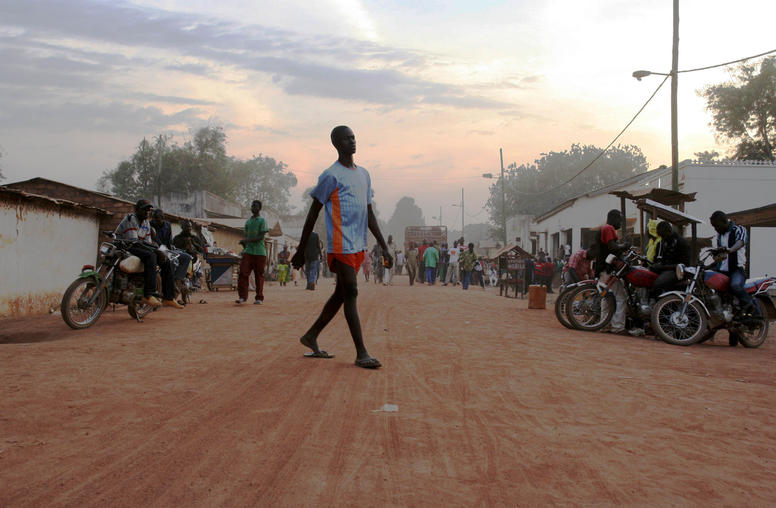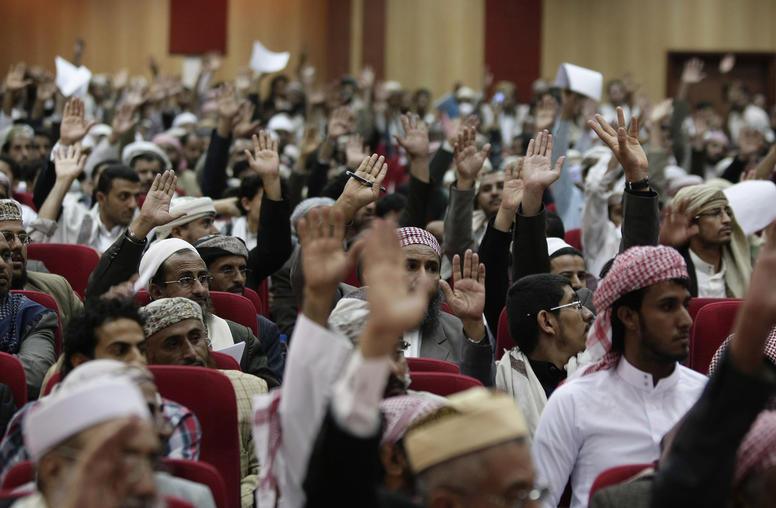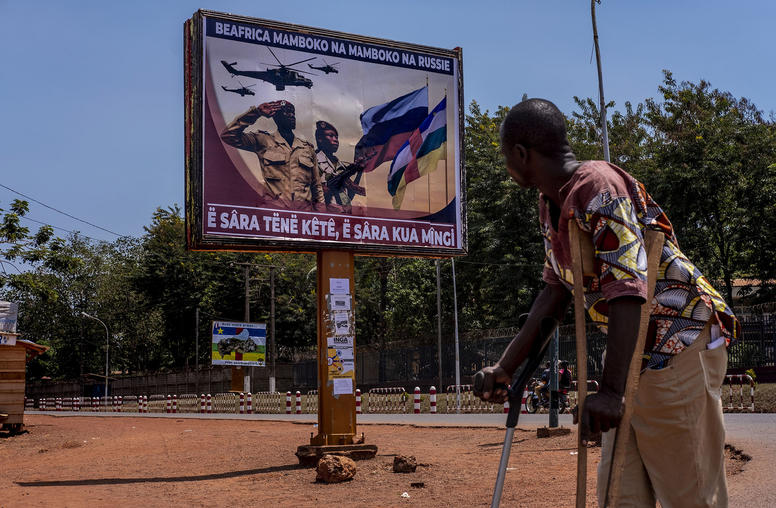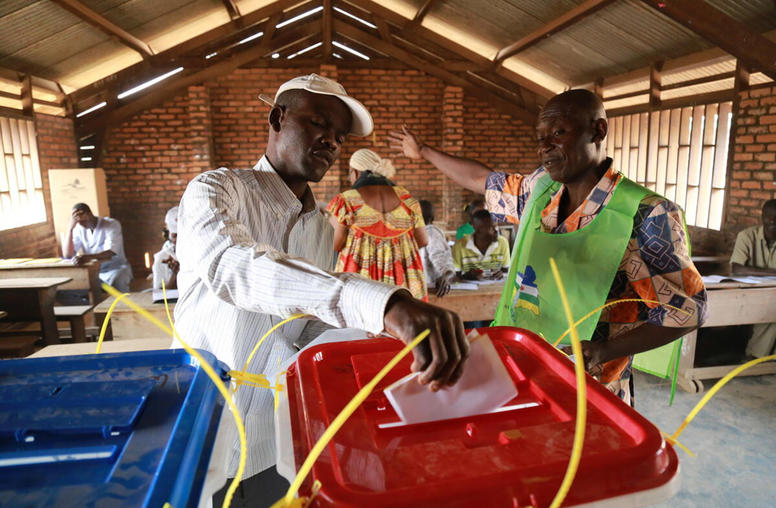A Regional Approach to Darfur: Perspectives from Sudan and Chad
This event featured two recent recipients of the Robert F. Kennedy Human Rights Award, one based in Sudan and one in Chad, who shared their firsthand views on how a regional approach can help address the region's problems.
While Darfur continues to garner significant international attention, less attention is paid to the regional dynamics underlying the conflict, especially relations between Sudan, Chad and the Central African Republic. The complicated, intertwined dynamics between these countries have been at the heart of instability in the region since well before Darfur appeared on the international stage. This event will feature two recent recipients of the Robert F. Kennedy Human Rights Award, one based in Sudan and one in Chad, who will share their firsthand views on how a regional approach can help address the region's problems.
Speakers
- Dr. Mohammed Ahmed Abdalla
Sudanese physician and human rights advocate - Delphine Djiraibe
Chadian human rights attorney and environmental defender - Monika Kalra Varma, Discussant
Robert F. Kennedy Center for Justice and Human Rights - Jon Temin, Moderator
Program Officer (Sudan), U.S. Institute of Peace
Archived Audio
To listen to audio or to view video, please click on the links provided below. You also can right click on the links and choose "Save Target As" or "Download Linked File." This will save the file to your computer and then allow you to play it in your media player directly. More Audio Help.
- Listen to the audio from this event.
01:29:17 - 17.2MB



